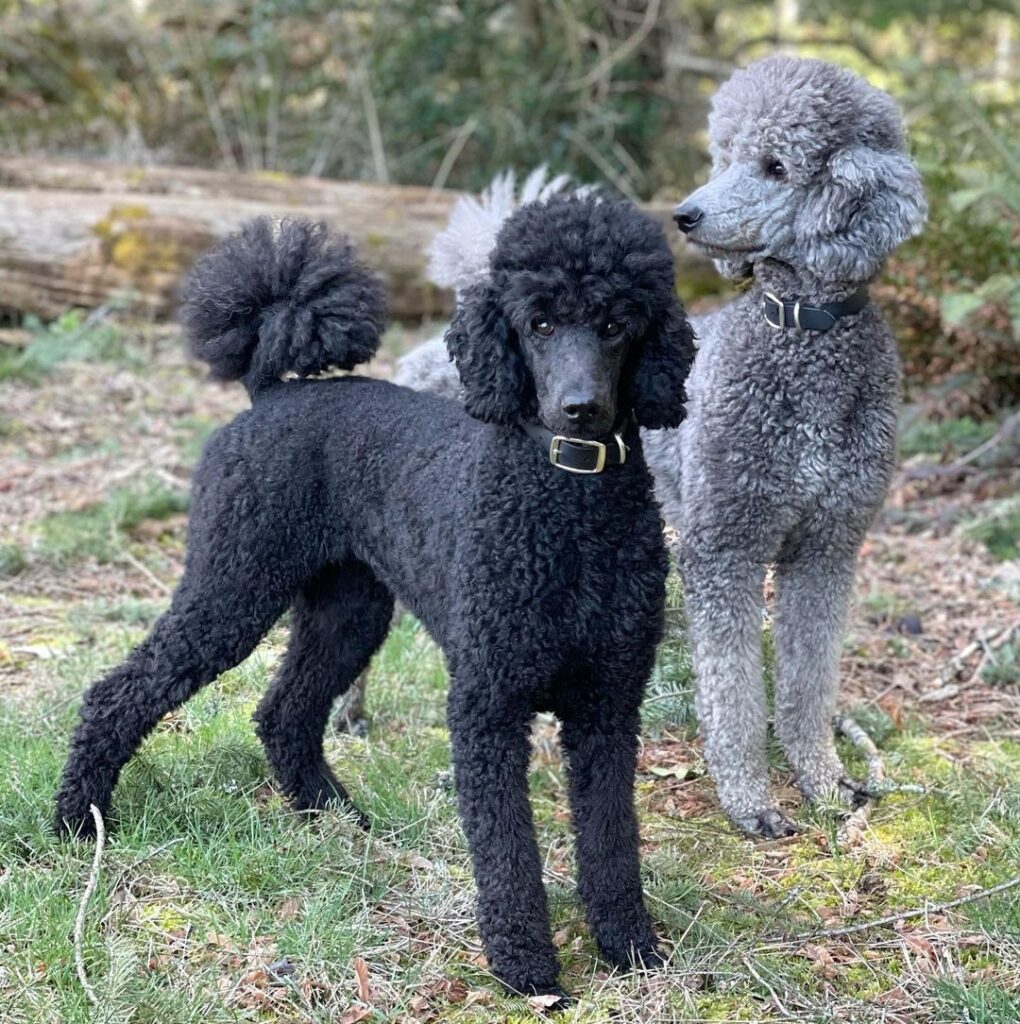If you’re a poodle owner, you know how much they love their food. So, when your furry friend suddenly stops eating, it can be concerning. There are various reasons why your poodle may not be eating, ranging from medical issues to behavioral changes. It’s important to identify the underlying cause and take appropriate action to ensure your poodle’s health and well-being.
Why is My Poodle Not Eating?
One of the most common reasons why poodles refuse to eat is due to a change in their environment. This can include moving to a new house, changes in their routine, or even a new family member or pet. Poodles are creatures of habit, and any disruption to their routine can cause them to feel anxious or stressed, leading to a loss of appetite.
Another reason why your poodle may not be eating is due to dental problems. Poodles are prone to dental issues such as gum disease and tooth decay, which can make it painful for them to eat. If your poodle is experiencing dental problems, they may avoid eating altogether. It’s important to take your poodle to the vet for regular dental check-ups and cleanings to prevent any dental issues from arising.
Possible Reasons for Not Eating
Health Issues
One of the main reasons why poodles may not be eating is due to underlying health issues. This can range from dental problems such as a loose tooth or gum disease to more serious conditions such as kidney disease or cancer. If your poodle has not been eating for an extended period of time, it is important to take them to the vet to rule out any potential health issues.
Dietary Reasons
Another possible reason why your poodle may not be eating is due to their diet. This can be due to a change in their food, the quality of the food, or even the feeding schedule. Poodles can also be picky eaters and may refuse to eat certain types of food. It is important to ensure that your poodle is being fed a balanced diet and that their food is of high quality.
Stress or Anxiety
Stress and anxiety can also cause poodles to lose their appetite. This can be due to changes in their environment, such as moving to a new home or the arrival of a new pet.
Poodles can also become stressed or anxious due to loud noises, such as fireworks or thunderstorms. If you suspect that your poodle is experiencing stress or anxiety, it is best to try to identify the cause and address it to help them feel more comfortable.

Read More About: Can Poodles Get Bloat
What to Do When Your Poodle Won’t Eat
Consult with Your Veterinarian
If your poodle is not eating, it is crucial to consult with your veterinarian to see what’s causing the problem. Your veterinarian may recommend diagnostic tests, such as blood work or imaging, to determine the cause of your poodle’s lack of appetite. They may also prescribe medications or suggest treatments to address any underlying health issues.
Try Different Foods or Feeding Methods
If your poodle is healthy but still not eating, you may need to try different foods or feeding methods to entice your poodle to eat. Here are some tips:
- Try offering your poodle a variety of foods, such as wet food, dry food, or homemade meals.
- Warm up your poodle’s food to make it more appealing.
- Add some low-sodium chicken broth or tuna water to your poodle’s food to add flavor.
- Offer your poodle small, frequent meals throughout the day instead of one or two large meals.
- Use puzzle feeders or slow feeders to make mealtime more engaging for your poodle.
It’s best to keep in mind that some poodles may be picky eaters and may need some time to adjust to new foods or feeding methods.
Check: Can Poodles Eat Mayo
Preventing Loss of Appetite in Poodles
Establish a Regular Feeding Schedule
One of the most effective things you can do to prevent loss of appetite in your poodle is to establish a regular feeding schedule. Poodles are creatures of habit, and they thrive on routine. Feeding your poodle at the same time every day can help to regulate their appetite and prevent them from becoming too hungry or too full.
You should aim to feed your poodle two to three small meals per day, rather than one large meal. This can help to keep their blood sugar levels stable and prevent them from becoming too hungry or too full.
Provide a Balanced and Nutritious Diet
Another important factor in preventing loss of appetite in your poodle is providing them with a balanced and nutritious diet. Poodles, like all dogs, require a diet that is rich in protein, healthy fats, and essential nutrients.
Make sure that your poodle’s food is high-quality and contains a balance of all the essential nutrients they need to thrive. Avoid feeding your poodle table scraps or human food, as this can upset their stomach and cause them to lose their appetite.
You may also want to consider adding a supplement to your poodle’s diet, such as fish oil or probiotics. These supplements can help to support your poodle’s digestive health and boost their immune system, which can help to prevent loss of appetite.
Maintain a Stress-Free Environment
Poodles are sensitive dogs, and they can be easily stressed by changes in their environment or routine. To prevent loss of appetite in your poodle, it’s important to maintain a stress-free environment for them.
What this means is that you’ll need to provide them with a comfortable and familiar living space, avoiding loud noises or sudden movements, and keeping their routine as consistent as possible.

